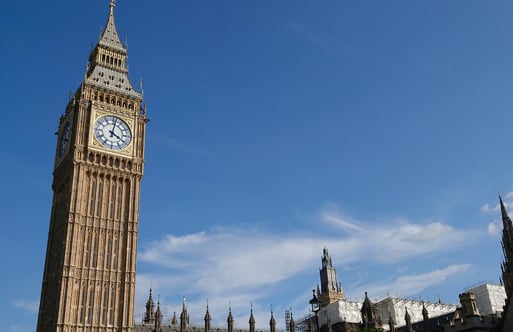On the one hand, I’m glad that the security services have the ability to act when necessary. On the other hand the potential for abuse and overkill in data collection does have real worries. It is often said that the loyalty cards, social media and search engines know a lot about us and that we should be more circumspect about what we are prepared to divulge. I’ve written a number of times on this issue, but one thing caught my eye recently.
In an interview with Computing, Jim Manzi, founder of APT, the predicative analytics company made what for me is an interesting comment:
‘It doesn't say: “Now I know for a fact that you want this”. What it means is I get about three per cent better at guessing - and this is worth a lot of money.’
I’m glad someone in the know has actually put an estimate on this rather than the claims made in generalities about ‘knowing everything’ about you.
Three per cent feels realistic to me and fits with my experience. The latest example comes from vouchers sent to me by a loyalty card. My ‘personal vouchers’ included discounts on cat food. That’s interesting as I haven’t had a cat or indeed any other pet since 2000. I’ve had the loyalty card for all that time, so unless they are attempting to get me to buy another pet this seems wide of the mark.
Looking at data on the effectiveness of CCTV in solving crime, which too looks to be a fairly low percentage.
With all the surveillance in the world it took the US 10 years to find Osama Bin Laden.
So, the challenge I’d like to set is this:
If predicative analytics helps you guess better by 3 per cent, from what base line is that? I’d guess at around 10 per cent in the commercial market place.
Now how valuable would predicative analytics be compared to cleaning up the data in the first place? The last project I was peripherally involved in was about 10 per cent improvement.
It can be a dangerous world and spying has always been with us and will be. There are genuine issues to be resolved from the disclosures in the last few weeks, but it would be nice to get the reality in perspective.
Knowing which phone in the European parliament phoned which number in London, the metadata is one thing, but that doesn’t tell you who phoned or what was said.
Given the capacity to store metadata and other data for a long time, there is an issue about data retention and the ability to do historical searches on a scale only recently possible that needs to be the subject of strong governance, policy and legal framework.
The notion of a spent offence being deleted from the public record in the digital era is hard to achieve.
Privacy and security will always be contestable areas. That is the joy of a democratic state. Those who whistle blow on what they believe to be wrongdoing remind us that those who guard us are not beyond the reach of the law.
Can we have a more grown up debate about the value of all this data stored? If it is 3 per cent I’m quite relaxed. If you think it’s 50 per cent and can show it, then I’m deeply uncomfortable. Should I be?

















